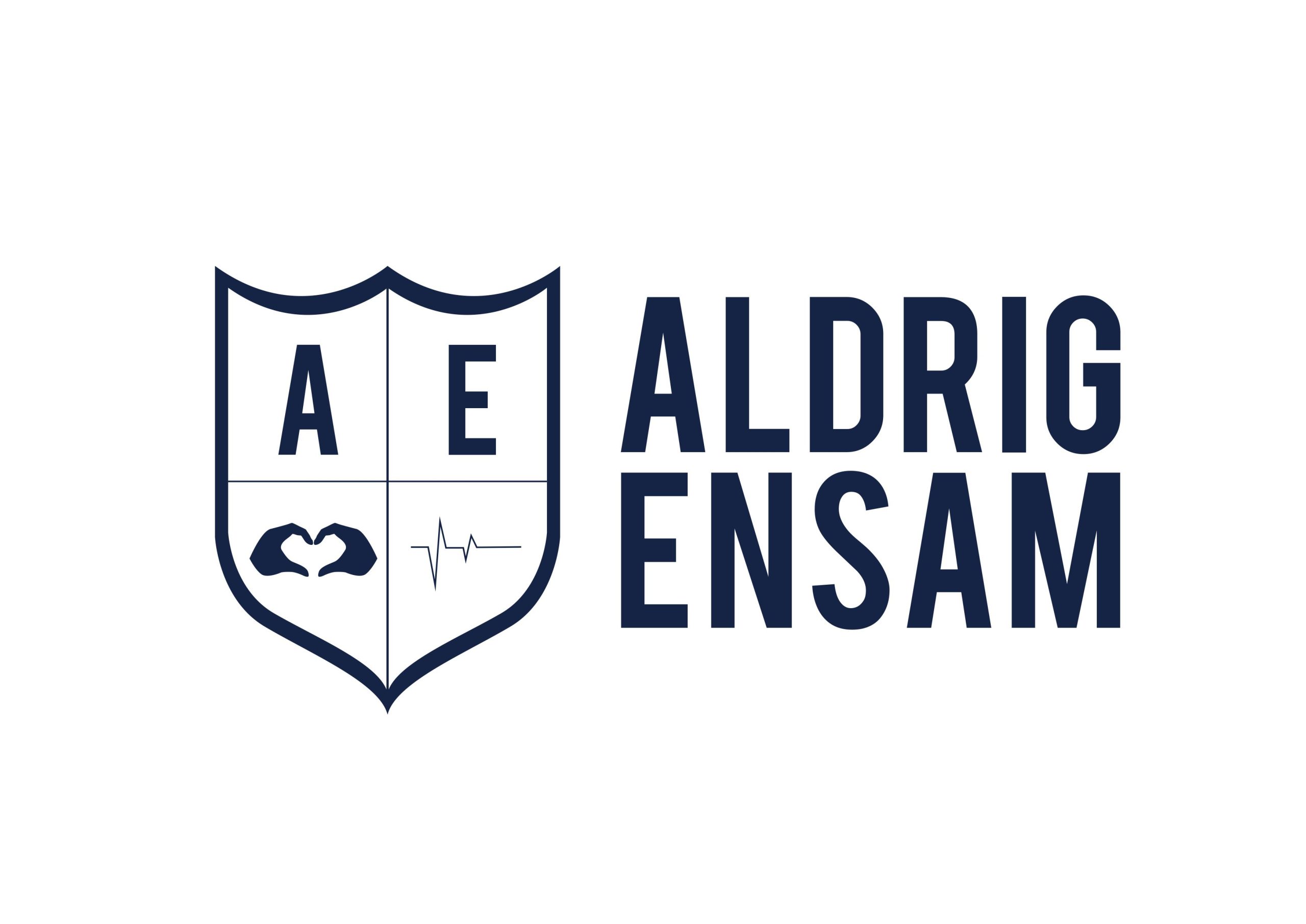
What is Obsessive Compulsive Disorder/OCD?
Obsessive compulsive disorder is the combination of compulsive thoughts and compulsive actions. Compulsive thoughts are always about the idea that something bad can happen to yourself or others. When you think about them, you feel worried or anxious. The compulsive actions are what you do “for safety” in order to let go of the thoughts and get rid of the anxiety.
In the case of hygiene compulsion, obsessive thoughts are often about worrying about dirt or bacteria and the risk of getting sick. You want to avoid contact with dirty surfaces and create excessive washing procedures to be “clean.”
Obsessive-compulsive disorder may include:
Other areas that obsessive-compulsive disorder can be about:
- Fear of hurting someone (even though you don’t want to). It can lead to not daring to have sharp objects at home.
- Fear of being gay, a pedophile or anything else that you consider socially unacceptable or harmful. Obsessions about homosexuality are much more common in countries that don’t accept homosexuality.
- Repetition compulsion.
- Symmetrical compulsion.
- Compulsive thoughts about religion.
- The compulsive actions can sometimes be partly logical. For example, checking ten times that the car’s flashers are working before leaving to reduce the risk of causing a traffic accident. But sometimes they may seem strange and illogical. For example, if you make the effort not to see the words “revenge, aggression, violence” because they increase the anxiety that you could hurt someone.
What’s common for compulsive acts, however, is that you always, but temporarily, feel calmer when you’ve performed them. Often, there are various rituals that must be performed in the “right way” for it to work.
Why are People Affected?
It’s a combination of vulnerability in the form of genetic and psychological factors that during a period of emotional stress can lead to this disorder.
Symptoms
You can have obsessive thoughts in the form of disaster thoughts and unpleasant inner images. Thoughts are involuntary and you want to get rid of them. You also suffer from strong worry or anxiety during these thoughts. Some perform different actions or rituals to get rid of the thoughts. This may involve certain limitations to daily life, such as avoiding various “tense” situations or being late due to compulsive actions.
When Should You Seek Care?
If you have a lot of worry or anxiety because of the obsessions and if your ability to function socially and to work suffer. Obsessive-compulsive disorder is treated in a psychiatric clinic. Cognitive behavioral therapy has proven to be the most effective treatment. Antidepressants can sometimes be helpful as additions to psychotherapy.
Self-Prevention
If you notice that you’ve become very preoccupied with some unpleasant thoughts and have started using obsessive compulsions, it may be a good start to read about obsessive-compulsive disorder. You can then use that as motivation to challenge the thoughts and refrain from the compulsory actions and thus break the cycle.
